Recupel celebrates 20 years
20 years of
working hand in hand

Recupel founded
On 1 July 2001, Belgium introduces the 'obligation to accept' for manufacturers and importers of household electrical and electronic equipment. Which is why Recupel was founded by the professional federations Agoria, FEE, and Traxio. Recupel sets up a collection system to collect, transport, and process electrical and electronic equipment. In the beginning, Recupel collected only the following categories: audiovisual devices, small electrical and electronic devices, information and communication technology, garden and work tools, and large white goods and fridges and freezers.

Immediately front runner in Europe
Europe approves the first directive on e-waste, which suddenly required all member states to introduce a system similar to that of Recupel. So, Recupel is playing a pioneering role in the collection of discarded electrical and electronic equipment. In total, we collected some 36,000 tonnes of e-waste in our first full year of operation.
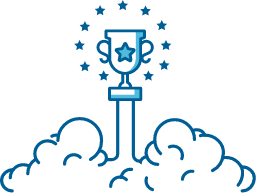
Collection of light bulbs starts
Four years after being founded, we also started collecting light bulbs (gas discharge lamps and fluorescent lamps) and medical and laboratory equipment.
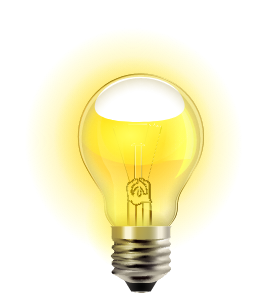
Reuse sector agreement
From the start, we have been working closely with recycling centres. In 2006, we signed a collaboration agreement with the reuse sector: the Flemish HERW!N and Ressources for Wallonia and Brussels. We ensure that, as much as possible, collected devices that deserve a second life are passed on to the reuse sector.

Professionel collection of e-waste starts
From this point onward, we also collected professional electrical and electronic equipment, such as industrial vacuum cleaners and drinks vending machines. This is because a European directive came into force that requires importers and manufacturers of professional equipment to accept discarded devices.

100,000 tonnes collected
We reached two major milestones. First, we passed the 100,000 tonne mark for electrical and electronic devices collected. Second, we also started collecting smoke alarms.
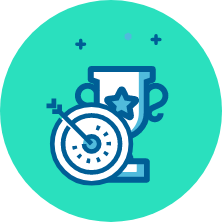
New logo and new collaboration
At the 10-year anniversary of Recupel, it was time for a new logo: green makes way for blue. For the first time, we also started out collaboration with Close the Gap, the organisation that collects and repairs discarded laptops and mobile phones from companies and organisations and then ships them to Africa and South America. We won a Sustainable Partnership Award for this collaboration.

Ambitious European goal
Europe is stepping up the fight against e-waste. Member States are required to collect by 2019 at least 65% of the average weight of what was placed on the market in the last three years. This is 85% of what is discarded. Moreover, all products containing electrical or electronic components are considered to be electrical and electrical and electronic equipment. In the same year, we relocated to a new office with flexible work stations.
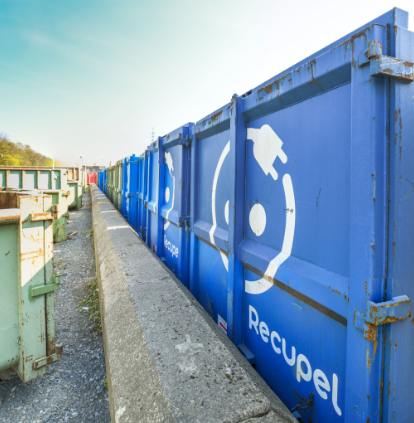

Recycle Points launched
Starting in 2014, Recycle Points for light bulbs and small electrical and electronic equipment (i.e. smaller than your head) were installed in supermarkets, DIY shops, public buildings, and shops. In the meantime, the network now has more than 3,000 points spread across Belgium.

E-waste streams mapped out
Recupel commissioned Deloitte to investigate where the various e-waste streams end up. The study shows that in 2016, Recupel was responsible for collecting and recycling approximately 45% of the devices brought to market. Nonetheless, about 30% of the discarded electrical and electronic equipment remain under the radar. Which is one of the reasons why we are still not achieving the European target of 65%. So, when we announced the results, we called for closer collaboration between the different partners.
BeWeee tool and artificial intelligence
We set up the non-profit organisation BeWeee with seven partners to improve the reporting of e-waste. It makes it easy for companies to report how much e-waste they bring to the market and collect and how much volume they process or divert to another end destination. We also started an artificial intelligence project to automate the sampling of e-waste.
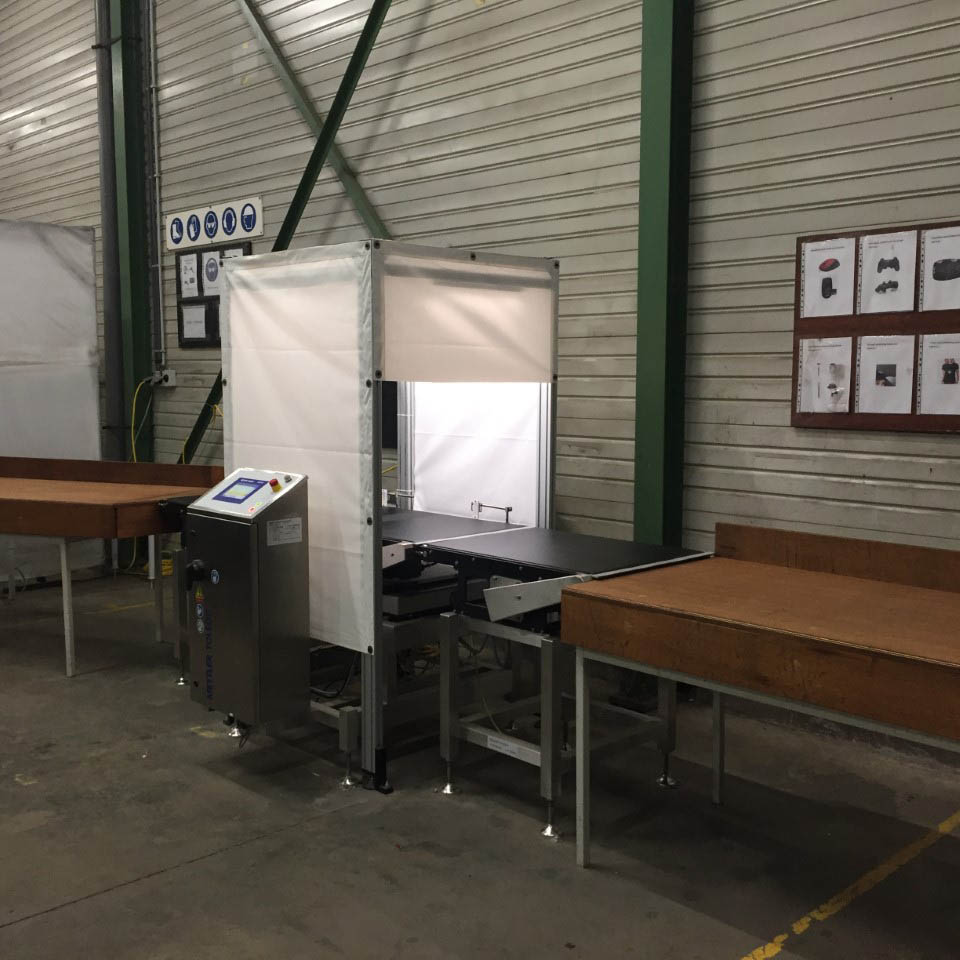
Smartloop and the circular economy
We launched a digital marketplace for discarded electrical and electronic equipment where we offer a customised solution for companies, schools, and care institutions, among others. We also integrated the circular economy into our mission and vision. It is our ambition to become a hub of the circular economy in Belgium.
We developed a new brand and communication strategy to be fully prepared for the future. Our new slogan? 'We will make it into something great.' This refers to the fact that raw materials are not lost but can be reused. This is how we forge the link between urban mining and the circular economy.
